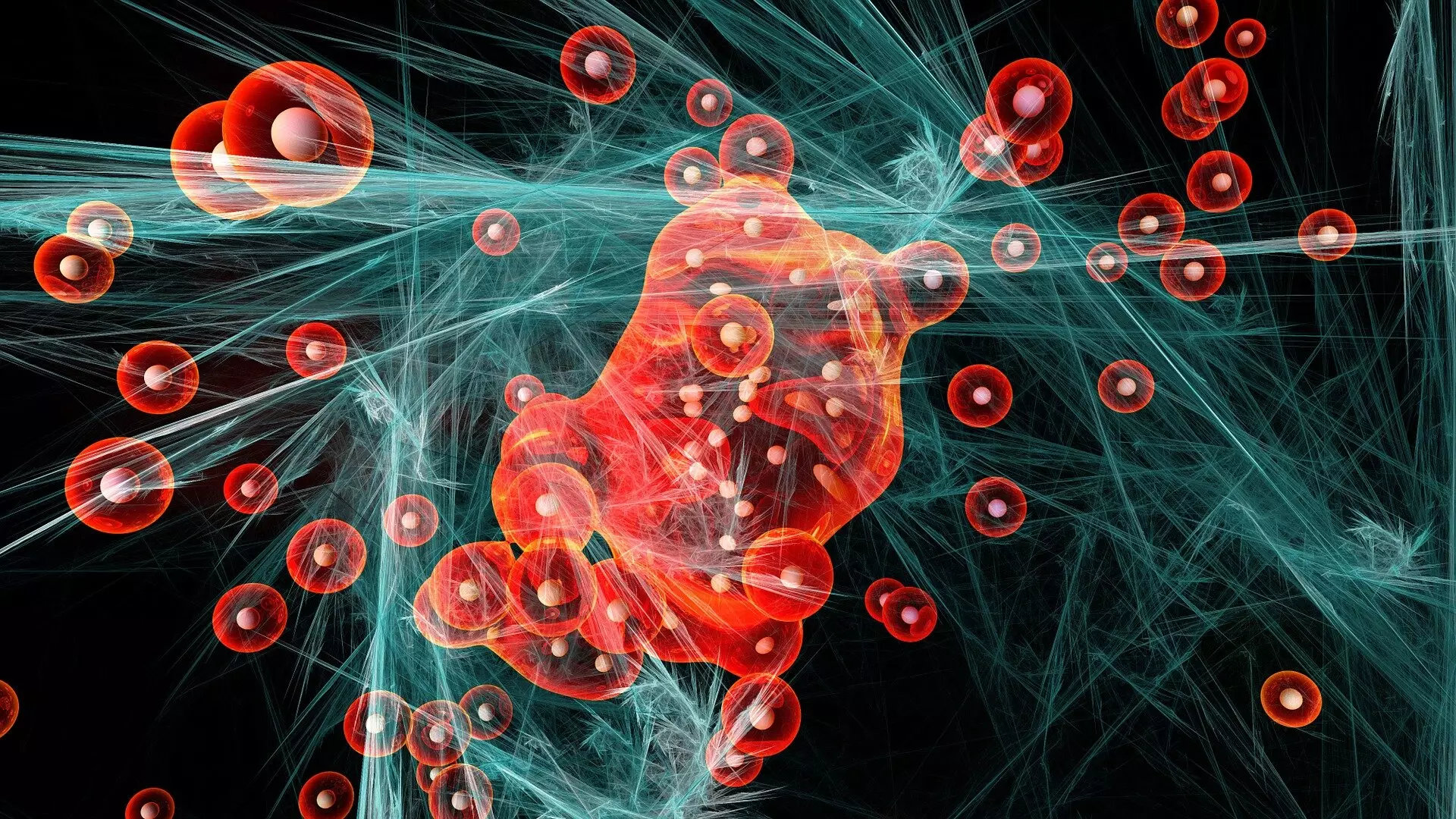The chemical industry has long been associated with harmful environmental impacts and toxic waste. However, researchers at Caltech, led by Professor Karthish Manthiram, are working towards changing this narrative. In a recent publication in the journal Science, Manthiram’s lab describes the development of a catalyst that enables the production of propylene oxide without the use of toxic chemicals. This breakthrough can have significant implications for the manufacturing industry, making it more environmentally friendly and sustainable.
Traditionally, propylene oxide, a widely used chemical feedstock, is produced by reacting propylene with either hypochlorous acid or hydrogen peroxide. However, both of these methods have their drawbacks. Hypochlorous acid produces a chloride byproduct that is harmful to the environment, leading to fewer permits being granted for plants that use this process. On the other hand, hydrogen peroxide poses safety challenges due to the risk of explosions when in contact with organic compounds.
Manthiram and his team set out to develop a method for propylene oxide production that is both safe and environmentally friendly. They focused on finding a catalyst that could utilize the oxygen atom found in water molecules, with the only byproduct being hydrogen gas. Water was chosen as the starting point because it is safe, poses no intrinsic safety hazards, and does not produce environmentally harmful side products.
After extensive research, the team identified two catalysts: platinum oxide and palladium oxide. While each catalyst could perform the desired reaction individually, they were not efficient enough to be useful in practical applications. Platinum oxide produced propylene oxide at high rates but with many unwanted side products. In contrast, palladium oxide produced propylene oxide with fewer side products but at a slower rate.
To solve this challenge, the researchers decided to combine the two catalysts. Surprisingly, this combination proved to be the solution they were looking for. By using X-ray absorption spectroscopy, the researchers discovered that the mixture of platinum oxide and palladium oxide allowed the platinum to exist in a higher oxidation state, making it a more efficient catalyst. Stabilizing platinum in this higher oxidation state enhanced the reactivity with propylene and significantly improved the rates and efficiencies of propylene oxide production.
With the new catalyst combination, the rate of propylene oxide production increased tenfold compared to previous methods, and the efficiency increased by 13 percent. These results show the promise of this innovative approach and its potential to revolutionize the chemical manufacturing industry. However, further research is still needed to bring this catalyst from the laboratory to industrial settings.
Future studies will focus on testing the catalyst’s durability and performance at larger scales. It is essential to determine how long the catalyst can last before degradation and ensure its effectiveness under real-world conditions. Additionally, the development of a process for removing propylene oxide from the system as it is produced will be crucial for scaling up the manufacturing process.
The development of a catalyst that enables the production of propylene oxide without toxic chemicals is a significant breakthrough for the chemical industry. By utilizing water as a starting point and combining platinum oxide and palladium oxide catalysts, Manthiram and his team have created a safe and sustainable method for manufacturing propylene oxide. The impressive results and potential applications of this breakthrough highlight the importance of investing in research and innovation for creating a more environmentally friendly future in the chemical manufacturing industry.


Leave a Reply